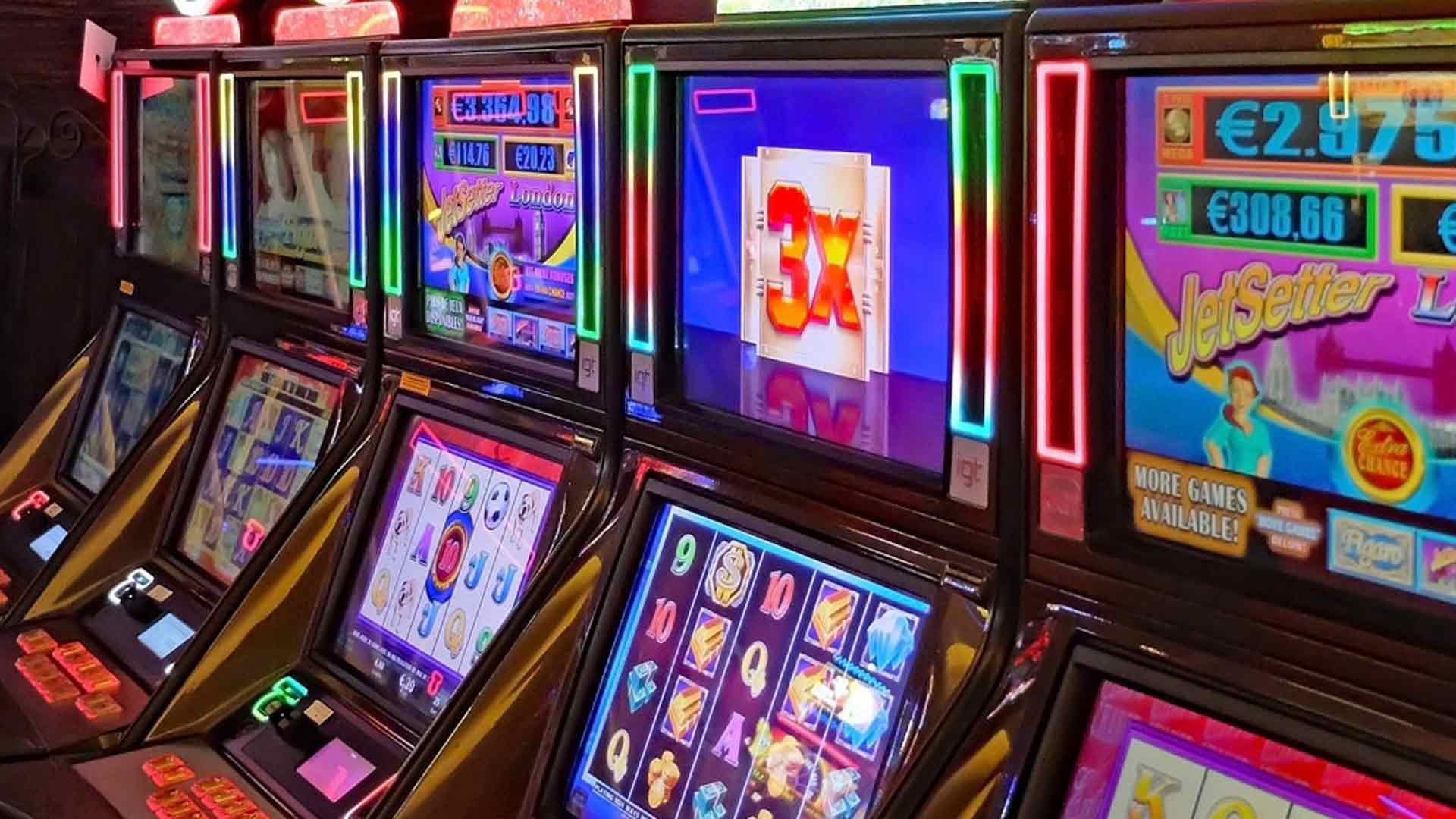The Invisible Mathematics of Casino Floors
The Invisible Mathematics of Casino Floors
Walk onto any casino floor, and you're immediately immersed in a carefully orchestrated world of sensory stimulation. The dazzling lights, the constant chime of winning slot machines, and the vibrant energy are all designed for one purpose: to separate you from your money in the most entertaining way possible. But beneath this glittering facade lies a cold, unfeeling engine of logic—an invisible layer of mathematics that ensures, over the long run, the house always comes out ahead.
This isn't about luck; it's about a meticulously crafted business model built on the unshakeable laws of probability. Every game, from the spinning roulette wheel to the complex video slots, is a mathematical equation where the casino holds a small but persistent advantage. This is the core principle that governs the entire industry.
The Unbeatable Opponent: Understanding the House Edge
The most fundamental concept in casino mathematics is the "house edge." Simply put, the house edge is the casino's average profit from a player's bet, expressed as a percentage. It's a built-in advantage that guarantees long-term profitability. While players can and do win in the short term, the statistical certainty of the house edge grinds away at bankrolls over thousands and millions of bets.
Consider these examples:
- Roulette: In American roulette, the wheel has 38 pockets (1-36, plus 0 and 00). A winning bet on a single number pays 35 to 1, but the true odds are 37 to 1. Those two extra pockets, the 0 and 00, create a house edge of 5.26%. For every $100 bet on the table, the casino statistically expects to keep $5.26.
- Blackjack: This is a game of skill where the player's decisions matter. However, even with perfect basic strategy, the casino retains a small edge, typically around 0.5%. The dealer playing last is a significant mathematical advantage.
- Craps: Different bets in Craps have wildly different house edges. A simple Pass Line bet has a low edge of 1.41%, while betting on "Any 7" carries a staggering 16.67% edge. The casino happily offers both.
Decoding the Digital Brain: Slot Machines, RNG, and RTP
Modern slot machines are not mechanical reels of fruit; they are sophisticated computers powered by a Random Number Generator (RNG). The RNG is a microprocessor that cycles through billions of numbers per second. When you hit "spin," the RNG selects a number at that exact millisecond, which corresponds to a specific outcome on the reels. This ensures that every spin is independent and random.
However, this randomness is controlled by another crucial mathematical concept: the Return to Player (RTP). The RTP is the percentage of all wagered money that a slot machine is programmed to pay back to players over its lifetime. For example, a slot with a 96% RTP will, over millions of spins, pay out $96 for every $100 wagered. The remaining 4% is the machine's house edge, or "hold." Understanding the slot machine algorithm is key to realizing that your luck is confined within strict mathematical parameters.
The Psychology of Space: How Casino Design Amplifies the Math
The mathematics of the games is reinforced by the physical design of the casino floor. This is where probability meets human psychology.
- The Labyrinth: Casinos are often designed like mazes, with no clear sightlines to exits or restrooms. This encourages players to wander past more gaming opportunities.
- Sensory Overload: The constant sounds of winning, even for small amounts, trigger dopamine releases in the brain, creating a sense of excitement and encouraging further play. This is a form of operant conditioning.
- No Clocks, No Windows: By removing any indication of the time of day, casinos create a timeless environment where players can lose track of how long they've been gambling.
- Exploiting the Gambler's Fallacy: The casino thrives on the gambler's fallacy—the mistaken belief that if an event has occurred frequently, it's less likely to happen in the future (e.g., "The roulette ball has landed on red five times, so it must be due for black"). Each spin is an independent event, but this psychological bias keeps players betting against the odds.
The Digital Frontier: Mathematics in Online Casinos
These same core mathematical principles are the bedrock of the digital gaming world. The probability in gambling doesn't change just because the venue is virtual. Online casinos use the exact same RNG technology to ensure fair and random outcomes. In fact, the digital format often provides more transparency, as players can easily look up the RTP for specific games. Reputable platforms, such as the m88 best online casino, are built on these proven mathematical models to ensure fair, albeit statistically favorable, gaming experiences for their users.
Ultimately, the invisible mathematics of the casino floor is a testament to a brilliantly executed business model. It's an environment where short-term luck is celebrated, but long-term statistical certainty always favors the house. Understanding this doesn't guarantee you'll win, but it empowers you to be a more informed and conscious player, appreciating the complex interplay of chance, design, and cold, hard numbers.
tag: M88,



